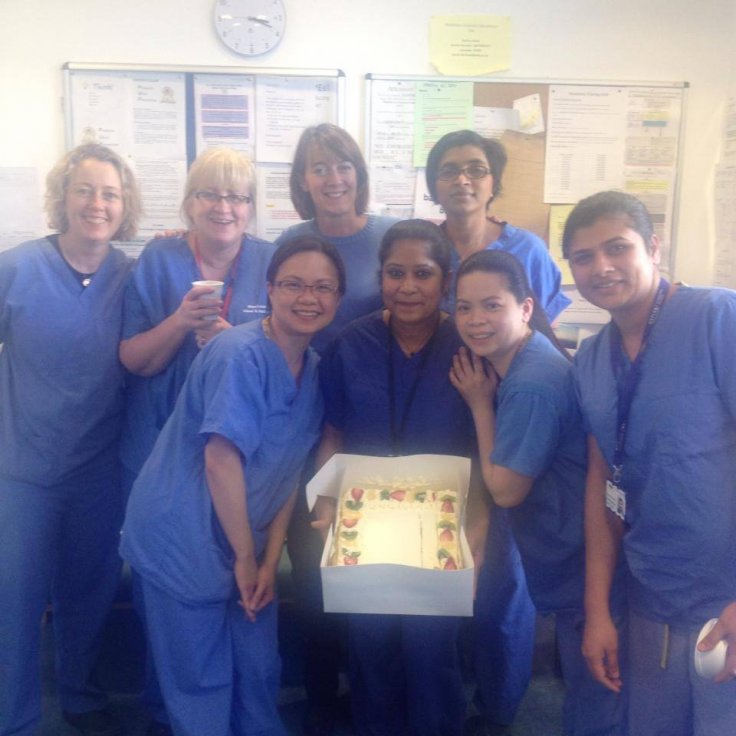Juanita Nittla, a 42-year-old nurse at the NHS had to turn off the ventilator of her colleague, who was also a nurse, suffering from coronavirus, but before she could turn it off, held the phone for the dying nurse's daughter, so she could say her final goodbye and then pulled the plug.
This is NHS worker Juanita's everyday task, which is to turn off the ventilators of dying COVID-19 patients. The job has left her struggling with severe depression and revealed that she suffers from nightmares due to the trauma she undergoes during her 12-hour shift.
Feeling responsible for their fate
Nittla, an ICU nurse for 16 years, has been surrounded by unconscious coronavirus patients for nearly two months now and struggles to sleep at night, and sometimes feels like she is responsible for a patient's death after switching the breathing machine off.

Staying with her friend as she passed on
After an unconscious coronavirus patient's ventilator is turned off, the person dies in just five minutes and the morgue workers come in to wrap the body. Speaking to the BBC, Juanita Nittla opened up about how she felt turning off the ventilator of her colleague by saying, "I closed the curtains and turned off all the alarms. I sat beside her, holding her hands until she passed away. Her daughter was still talking and saying prayers over the phone.''
She then told the nurse's daughter that her mother passed away and both of them burst out in tears. She added, "With the help of a colleague, I gave her a bed bath and wrapped her in a white shroud and placed her in a body bag. I put a sign of the cross on her forehead before closing the bag.''
A traumatic daily ordeal
Nittla revealed to the BBC that she's ''suffering from depression, nightmares and struggles to sleep at night'' and also stated that she ''fears she would catch the virus while working on the front line.'' She stated that some of her colleagues have already started to display symptoms of coronavirus and have been forced to self-isolate, while other nurses are being retrained to replace those who are off work.
The nurse said that shortage of staff is making things much worse as currently there are ''one nurse for every three patients instead of the usual one-to-one ratio'' and she fears ''it could become one nurse for every six patients if the epidemic worsens.'' Ms. Nittla has now been asked by the NHS to stay at home due to her health and mental condition. The nurse was also diagnosed with tuberculosis just last year.









